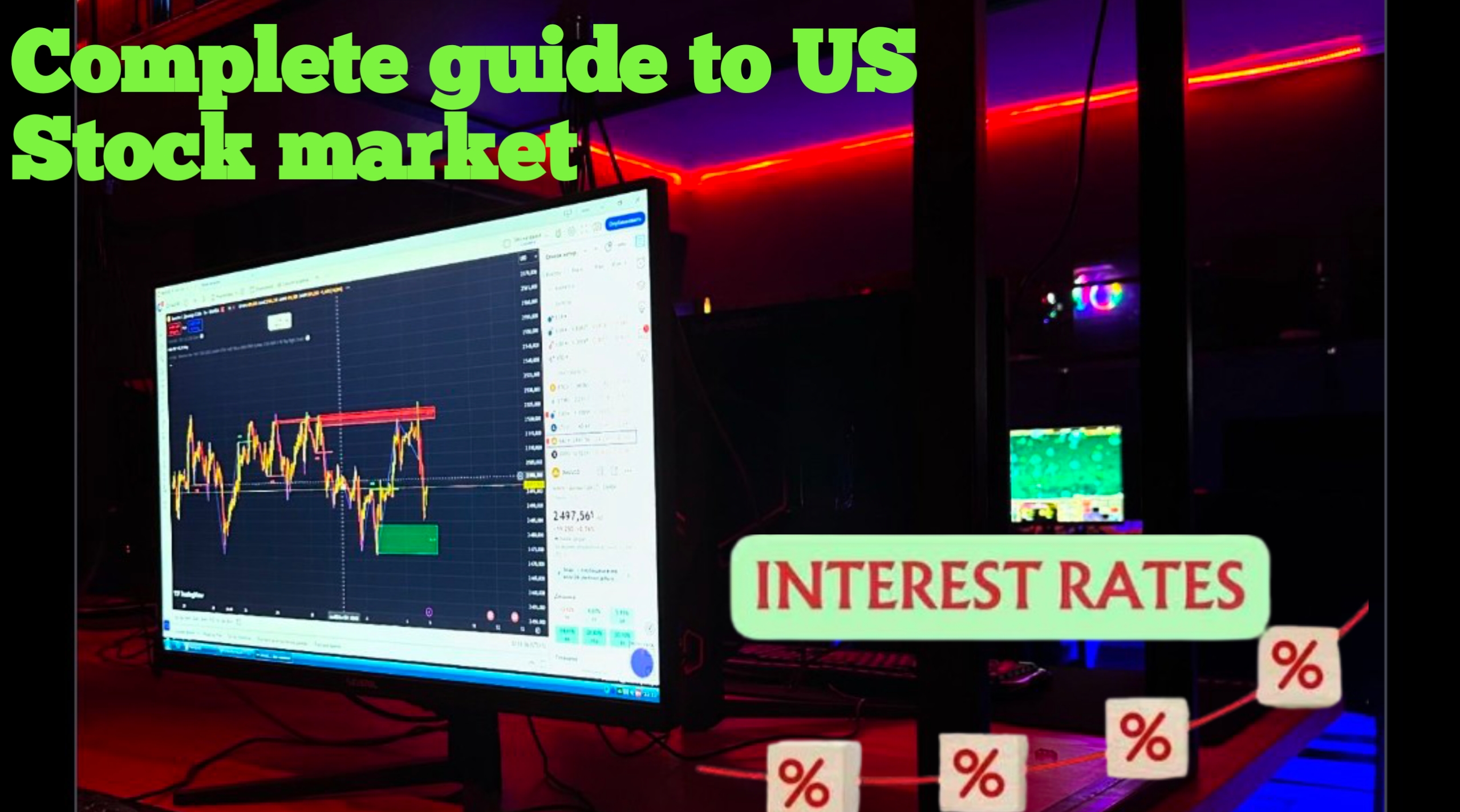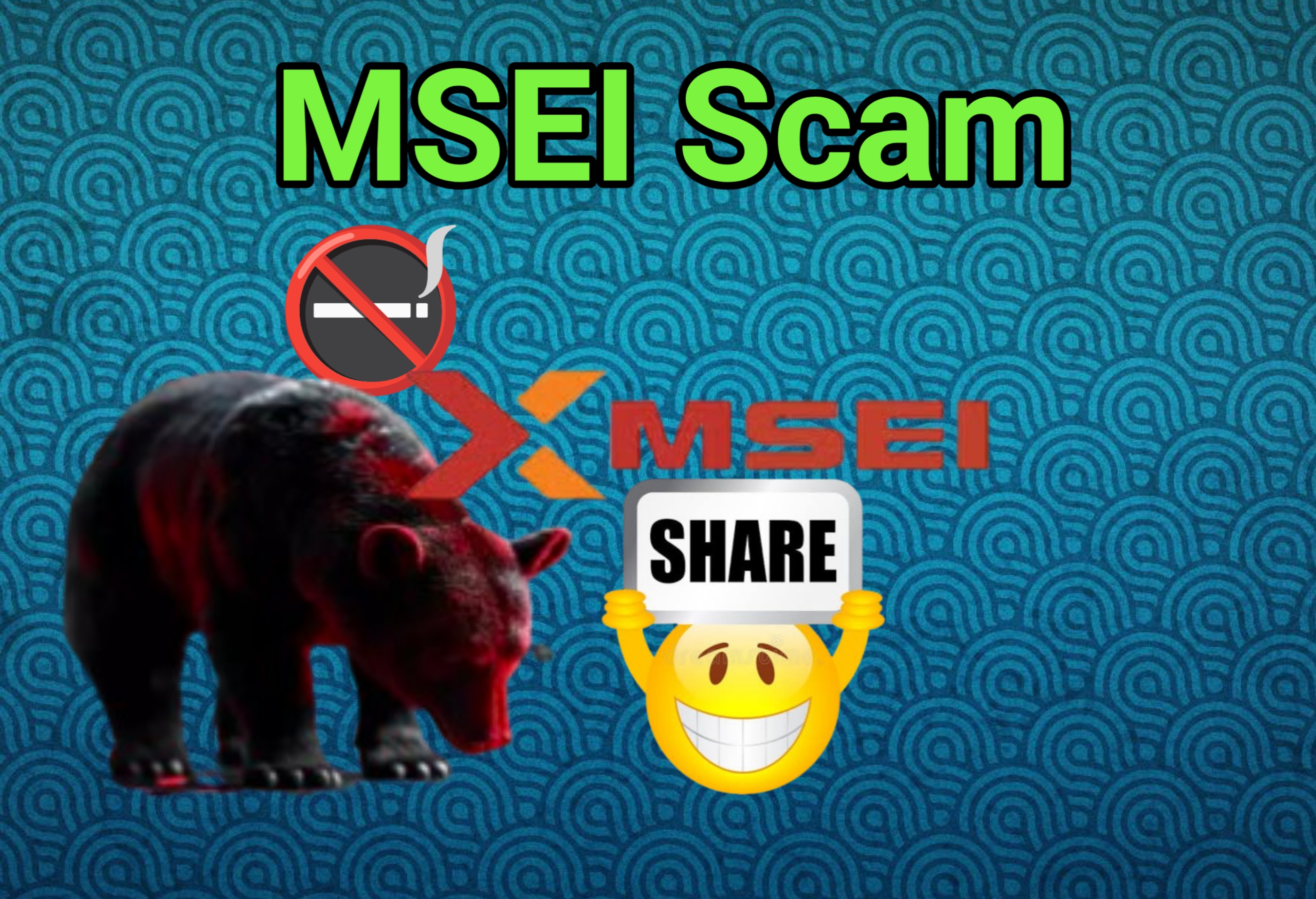The Scam of 5600 Crores in MSC Exchange: A Deep Dive into the Revival Conspiracy
The scam of 5600 crores in the MSC Exchange, and how its surrogates now claim that the stock market is a gamble. Why do they say this? Perhaps their experience is something like this.
In 2013, the NSEL scam of 5600 crores came to light, which was linked to MCX, the current MSC Exchange. After approximately 11 years, it is once again gathering attention under a new name.
The MCX and NSEL Scam
The full form of MSC is Metropolitan Stock Exchange. It was earlier known as MCX, which was started by Jignesh Shah. But in 2013, the NSEL scam came to the forefront with an amount of about 5600 crores. Due to this scam, many brokers, along with MCX, were on the verge of collapsing completely.
However, as it often happens in India, after a scam or controversy, leadership is changed, the problem is resolved with new rules and regulations, and normal people move on. This was the case with the NSEL scam too, where approximately 13,000 people's money was invested.
The Revival of MSC
Now, people know MCX as MSC, with the name having been changed. MCX initially focused on currency derivatives and then shifted focus to the commodity segment. After 11 years, MSC has made headlines again, recently raising a fund of 238 crores, with investors including top Indian brokers like Grow and Zerodha.
It’s quite thought-provoking that after 11 years, such a company is being supported by top brokers in India. What could be the conspiracy to revive this “old dead” company after all these years?
Why a Third Exchange?
In India, the NSE and BSE are two major exchanges that serve Indian traders. So why is there a need for a third exchange like MSC? From the first week of January, option trading will be available on MSC Exchange's index, called XX4, similar to NSE’s Nifty 50, Bank Nifty, and BSE’s Sensex index. MSC has its own SX40 index, and you’ll see people trading options on this index.
A key point to consider is SEBI’s new rule, which mandates that the expiry of options on an exchange should be only for one week. Due to this rule, option trading volumes have reduced by approximately 40%. If trading volumes decrease, the traders face the loss. The one who earns without any risk is the broker, and when trading volumes drop, brokers too will feel the pinch.
This is why the conspiracy to set up a third exchange is unfolding, which may result in a rise in profits for brokers, even though traders suffer.




